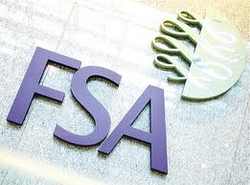Mise à jour : 17 septembre 2012 (Rédaction initiale : 12 septembre 2012 )
Sur le vif
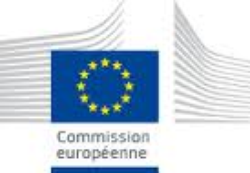
Mise à jour : 17 septembre 2012 (Rédaction initiale : 8 septembre 2012 )
Sur le vif
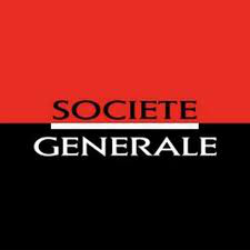
Mise à jour : 10 septembre 2012 (Rédaction initiale : 2 septembre 2012 )
Sur le vif
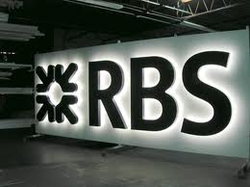
Mise à jour : 28 août 2012 (Rédaction initiale : 23 août 2012 )
Sur le vif
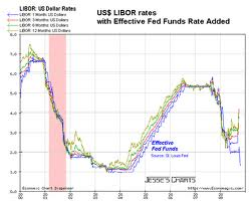
Mise à jour : 28 août 2012 (Rédaction initiale : 27 août 2012 )
Sur le vif
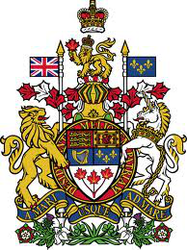
Mise à jour : 28 août 2012 (Rédaction initiale : 22 juillet 2012 )
Sur le vif
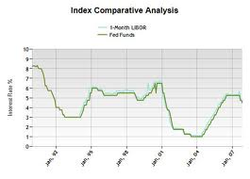
Mise à jour : 28 août 2012 (Rédaction initiale : 25 août 2012 )
Sur le vif

Mise à jour : 1 août 2012 (Rédaction initiale : 7 juillet 2012 )
Sur le vif
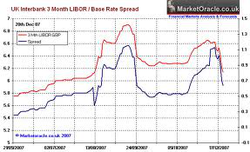
Mise à jour : 23 juillet 2012 (Rédaction initiale : 17 juillet 2012 )
Sur le vif

Mise à jour : 17 juillet 2012 (Rédaction initiale : 5 juillet 2012 )
Sur le vif
